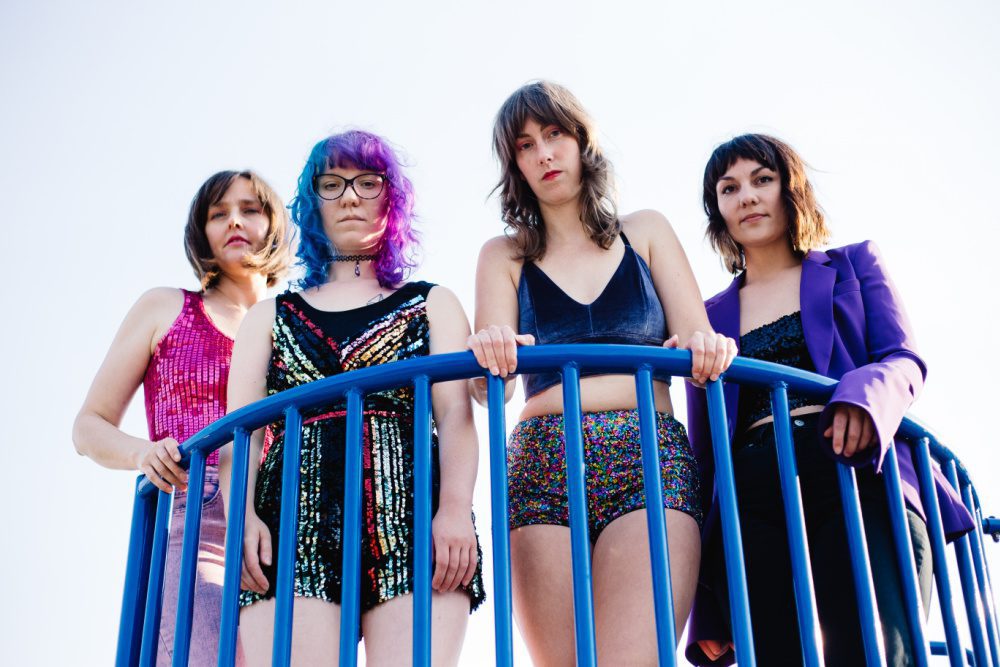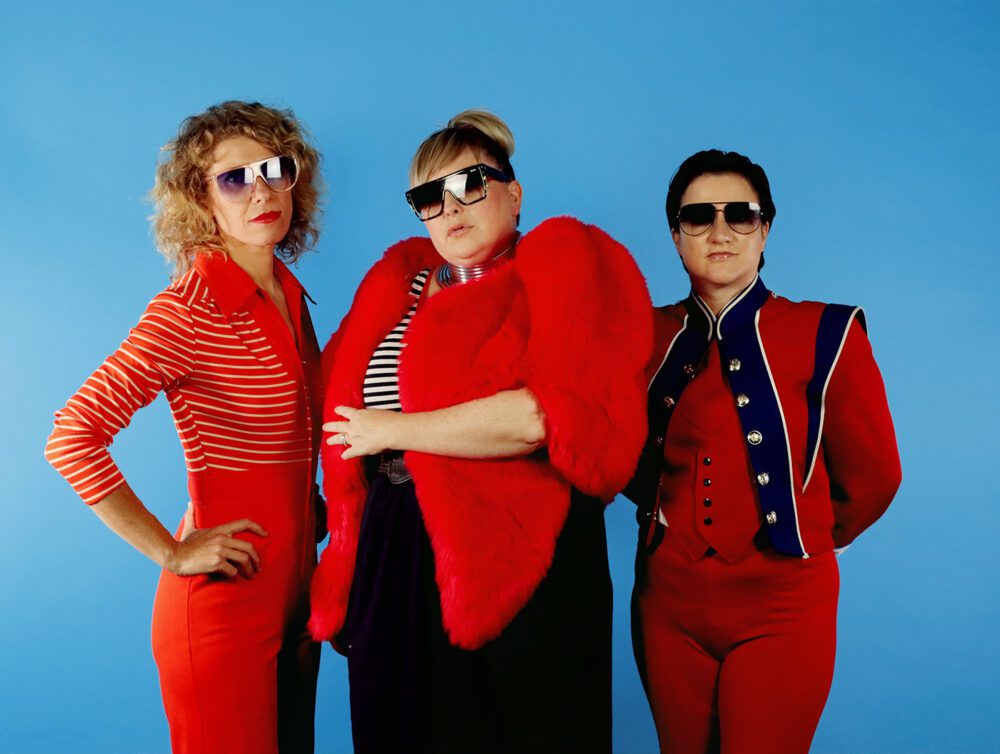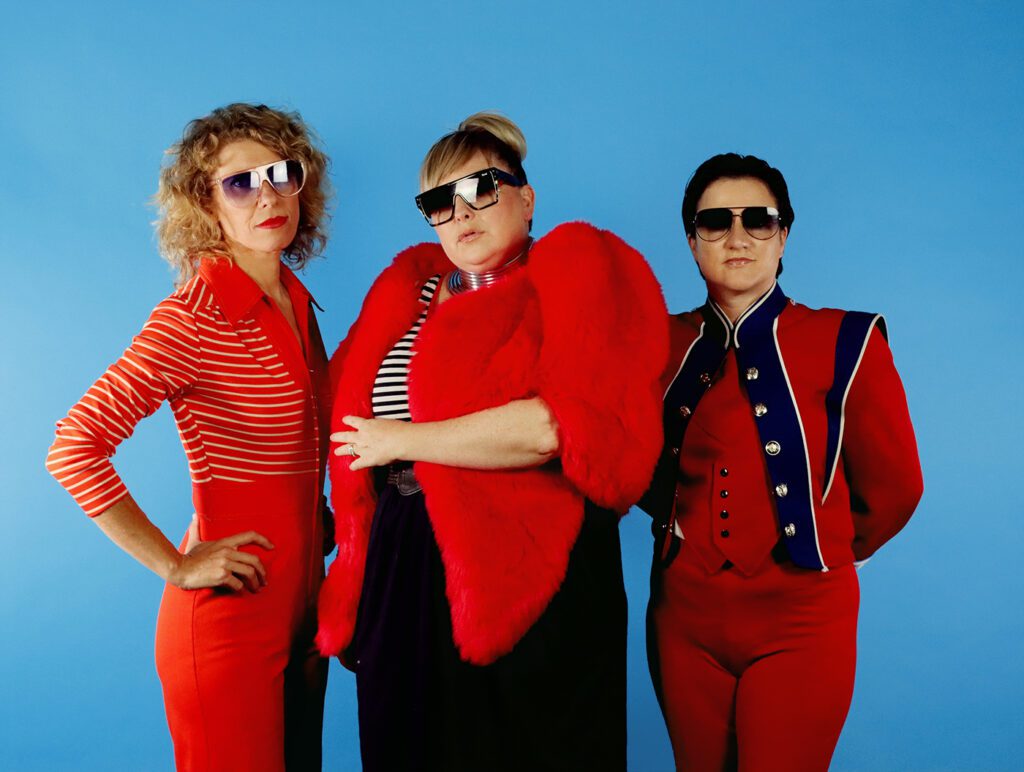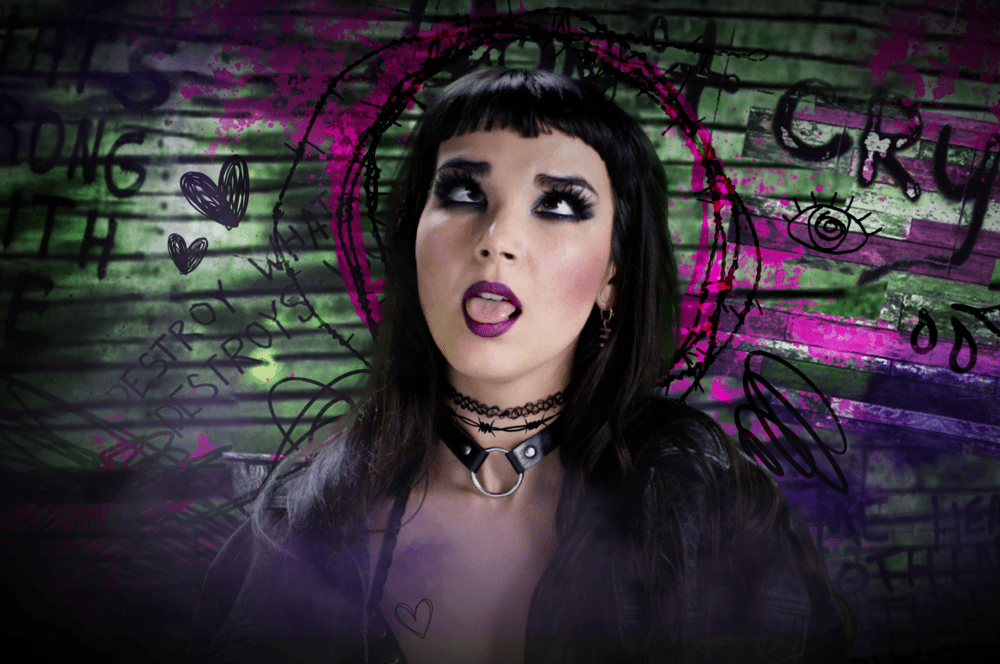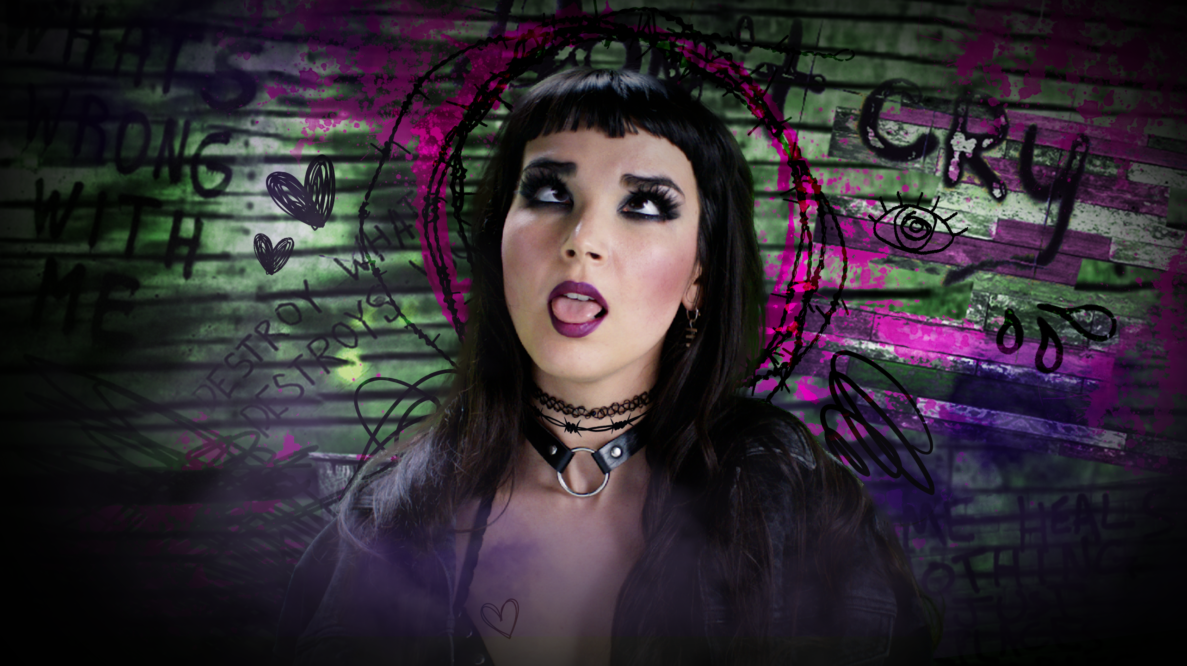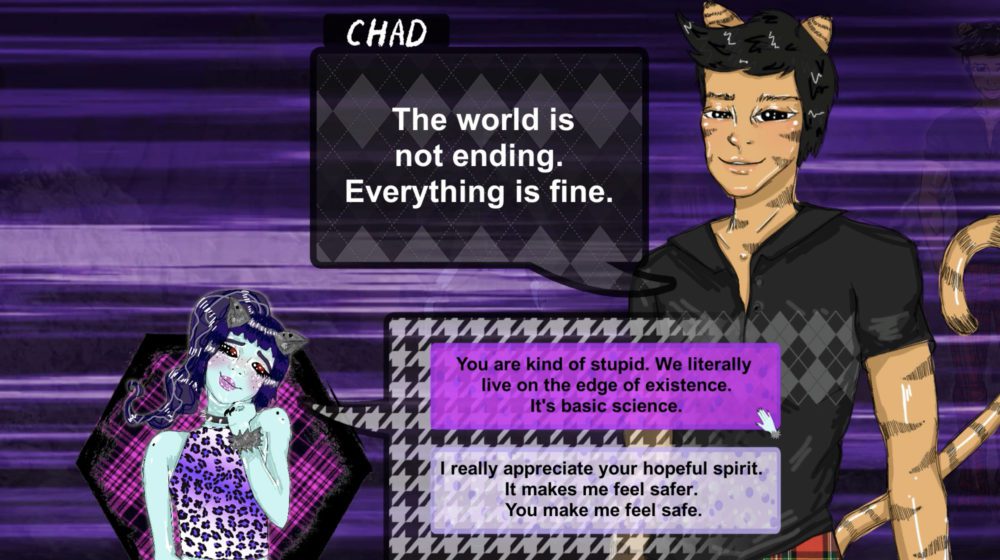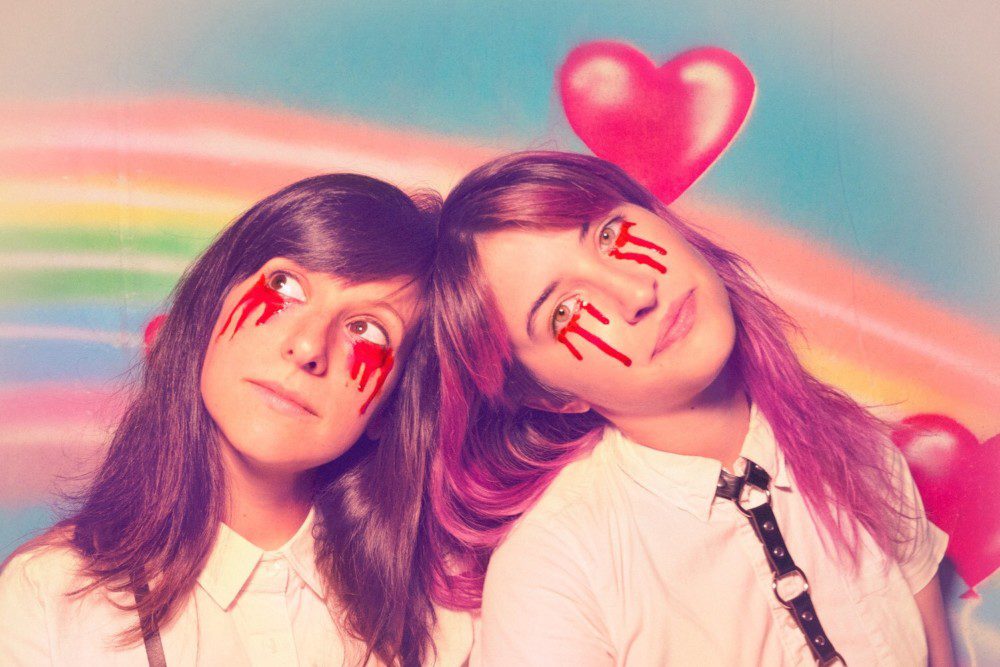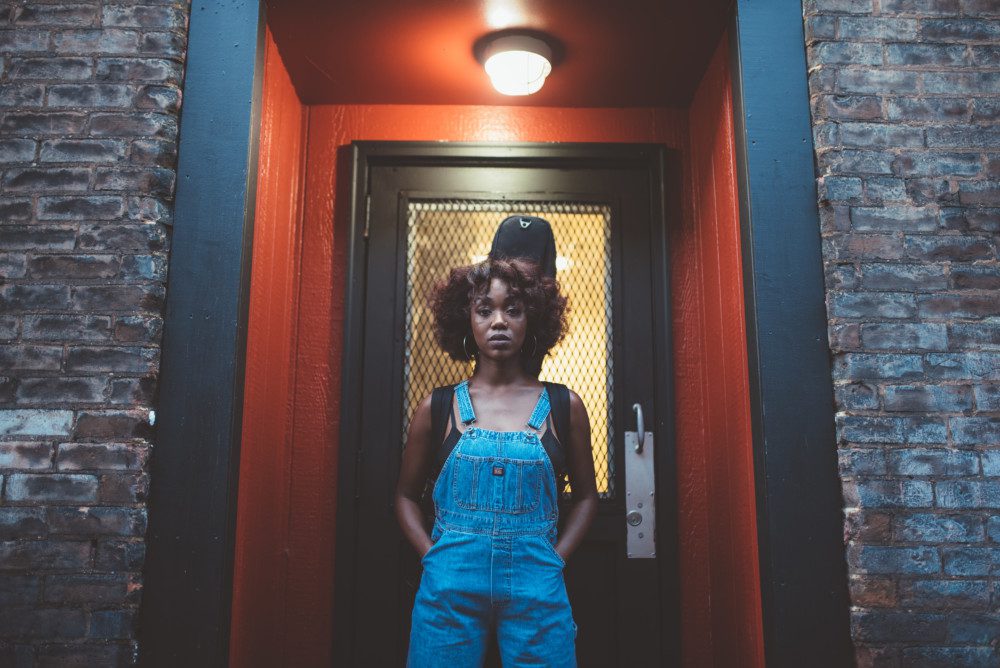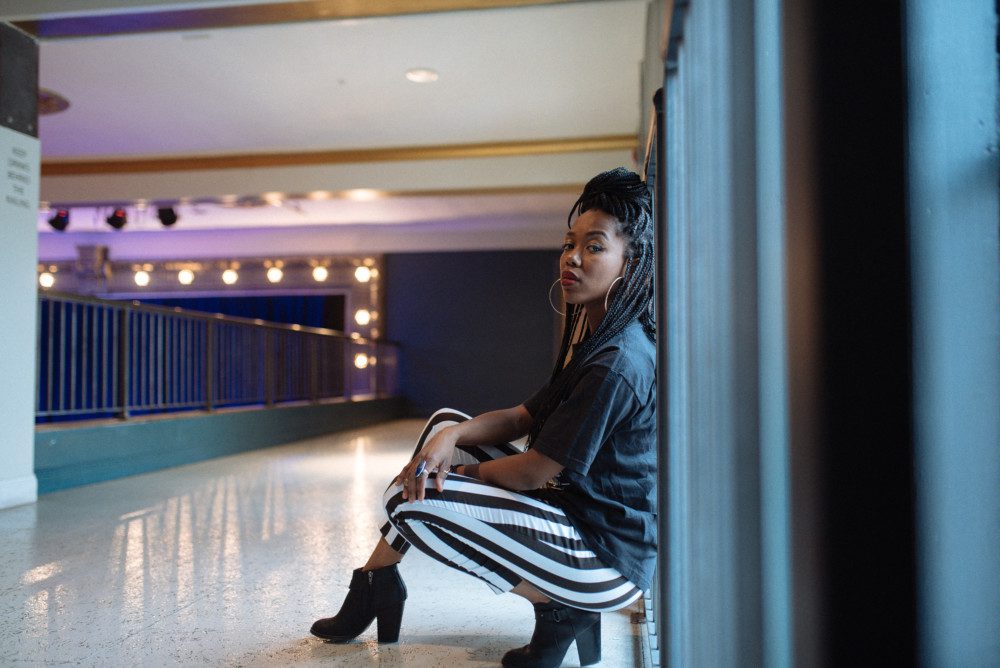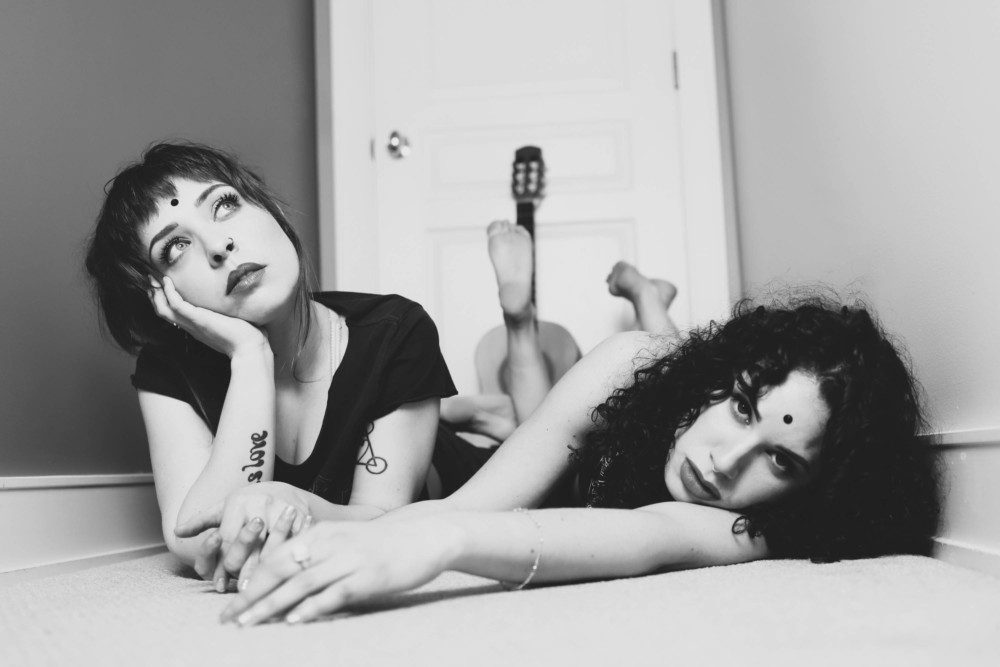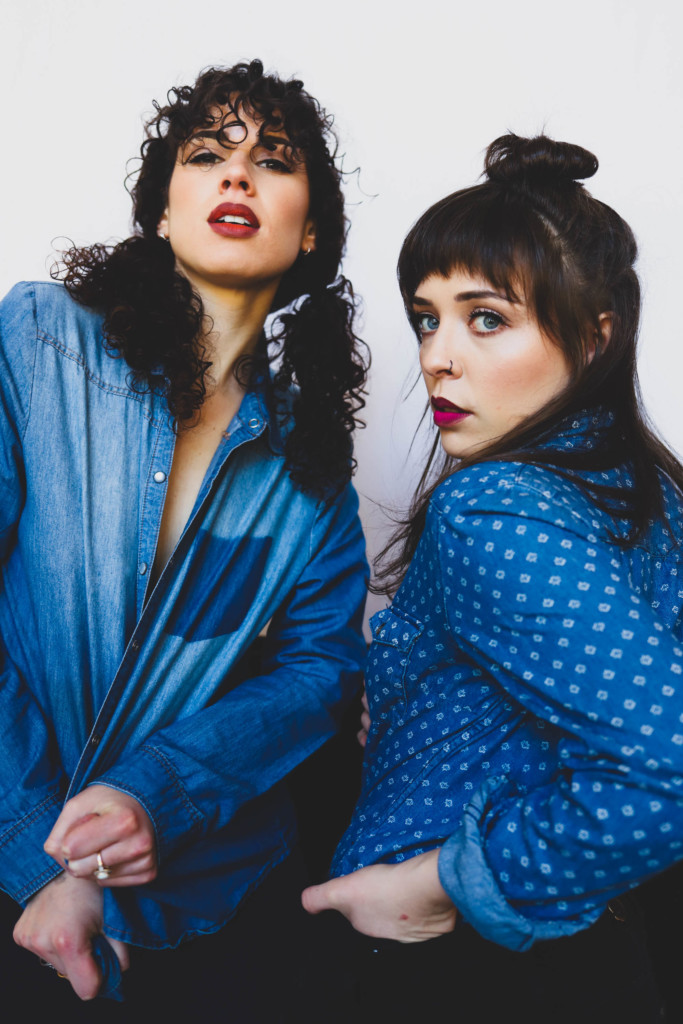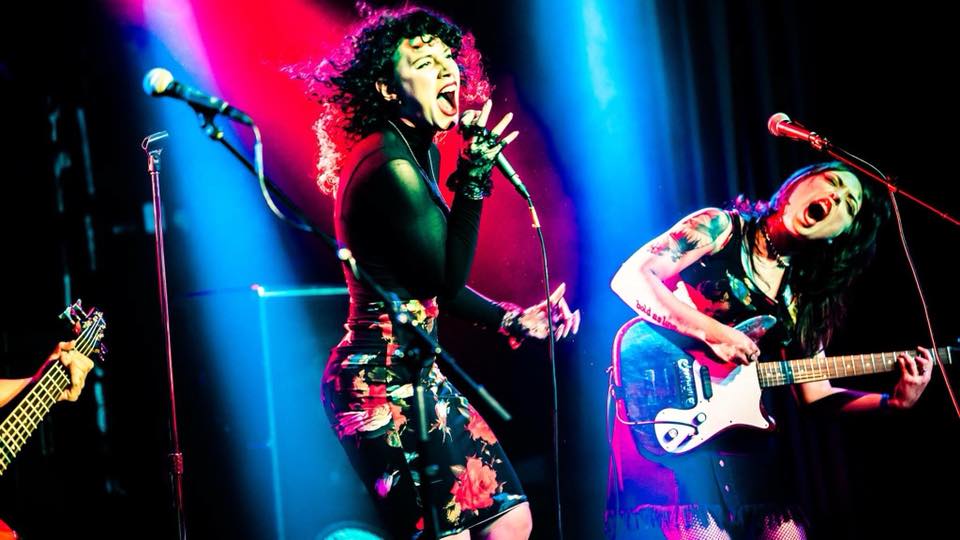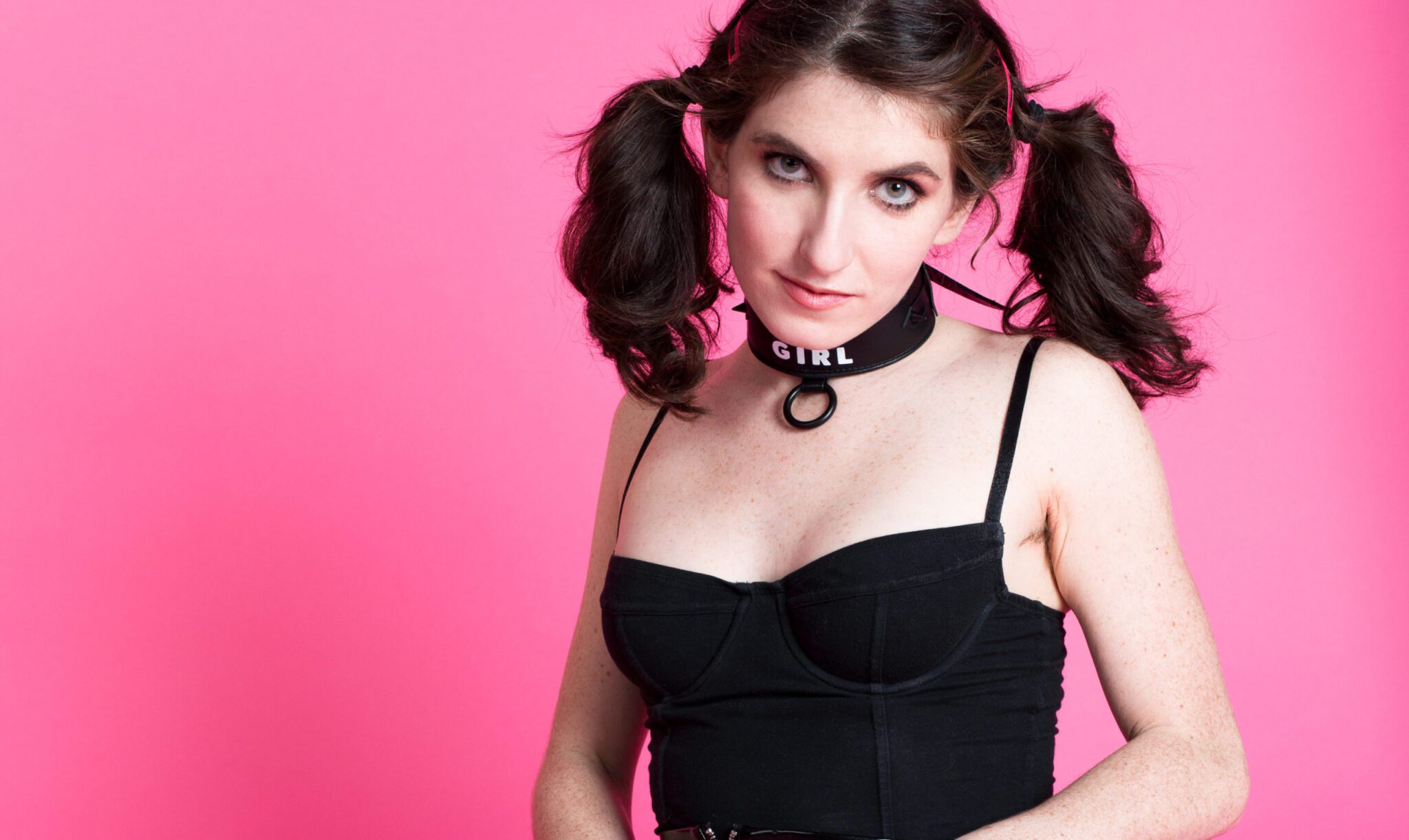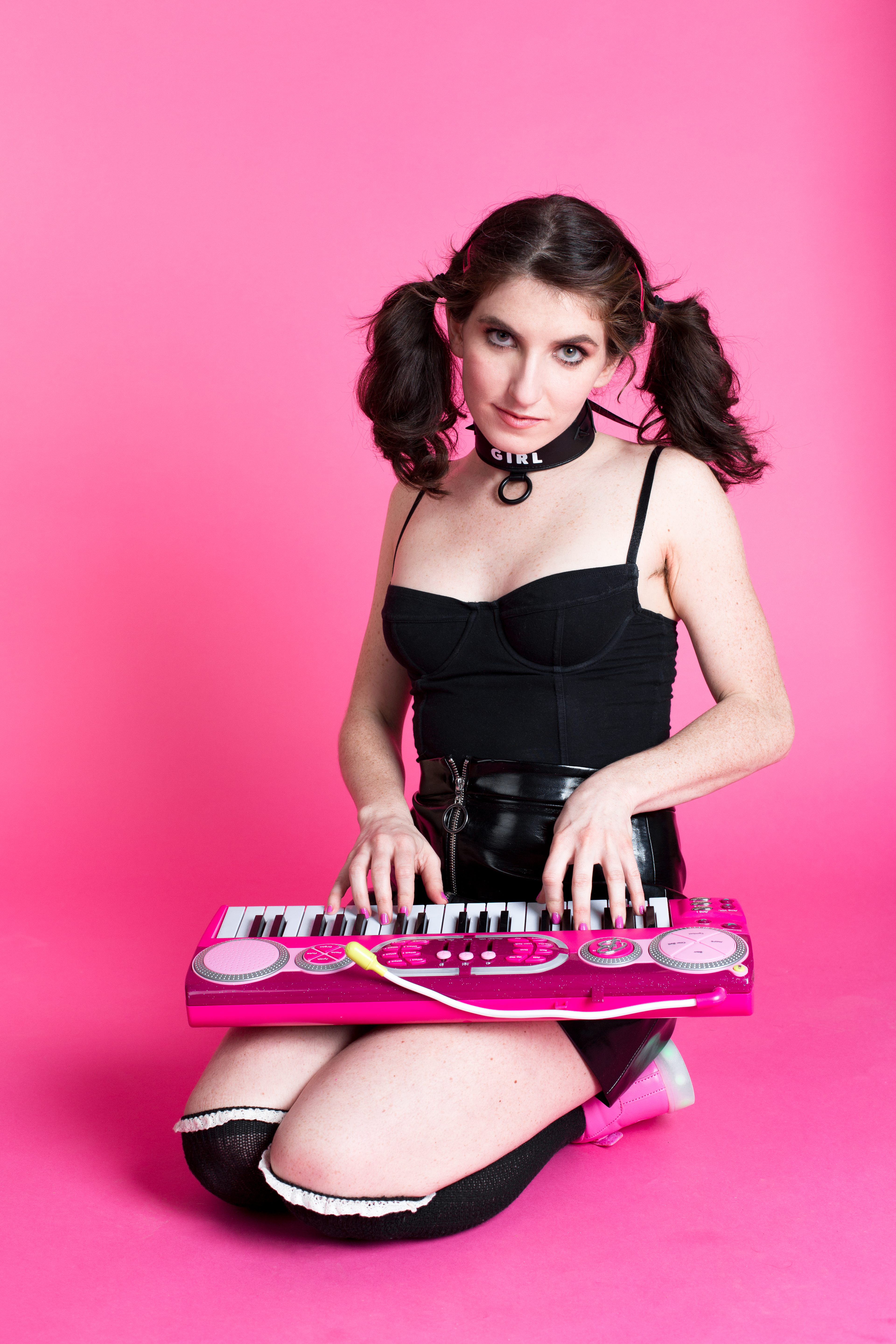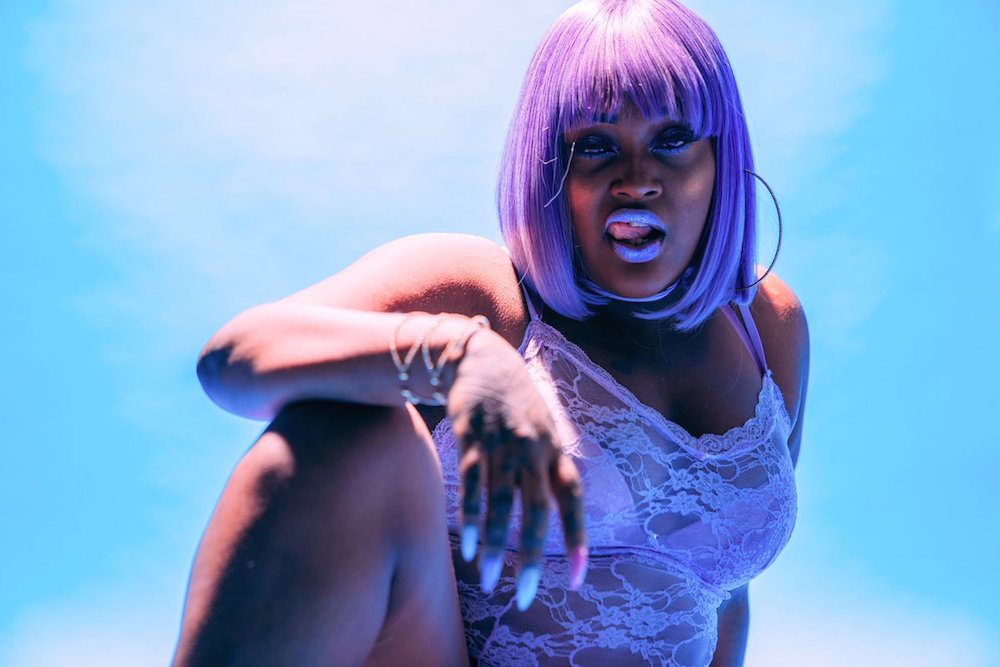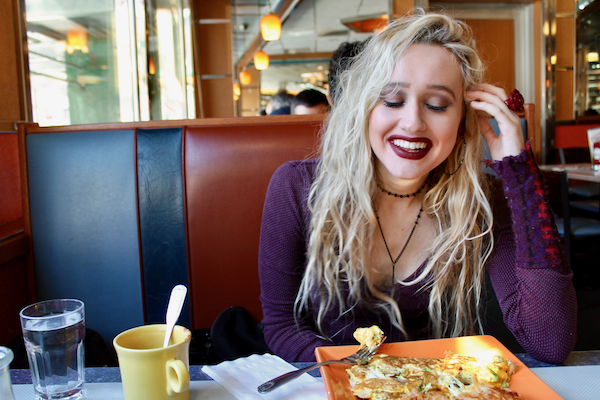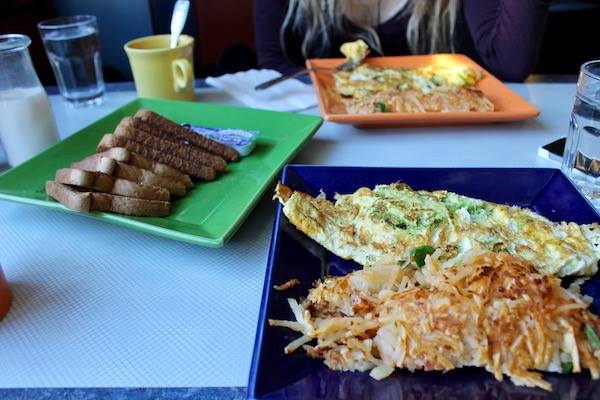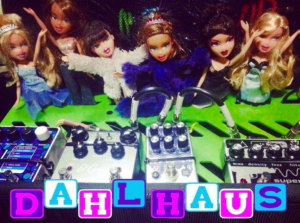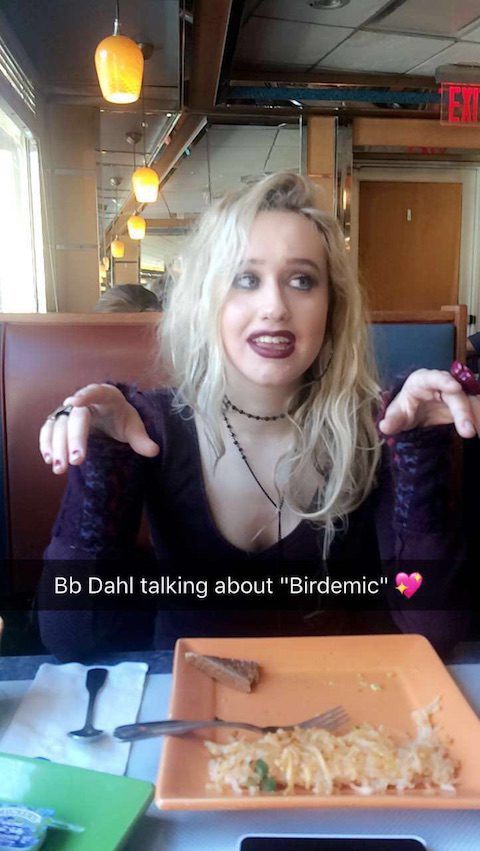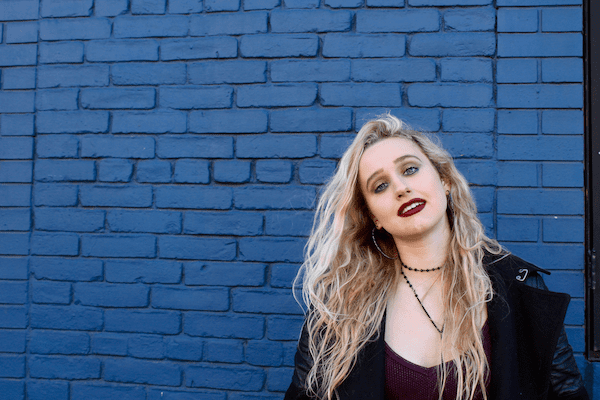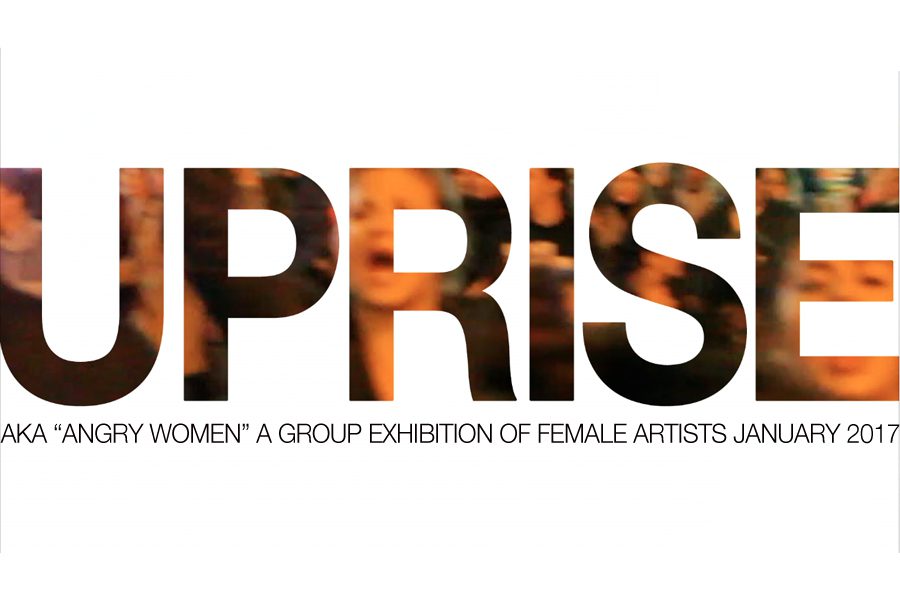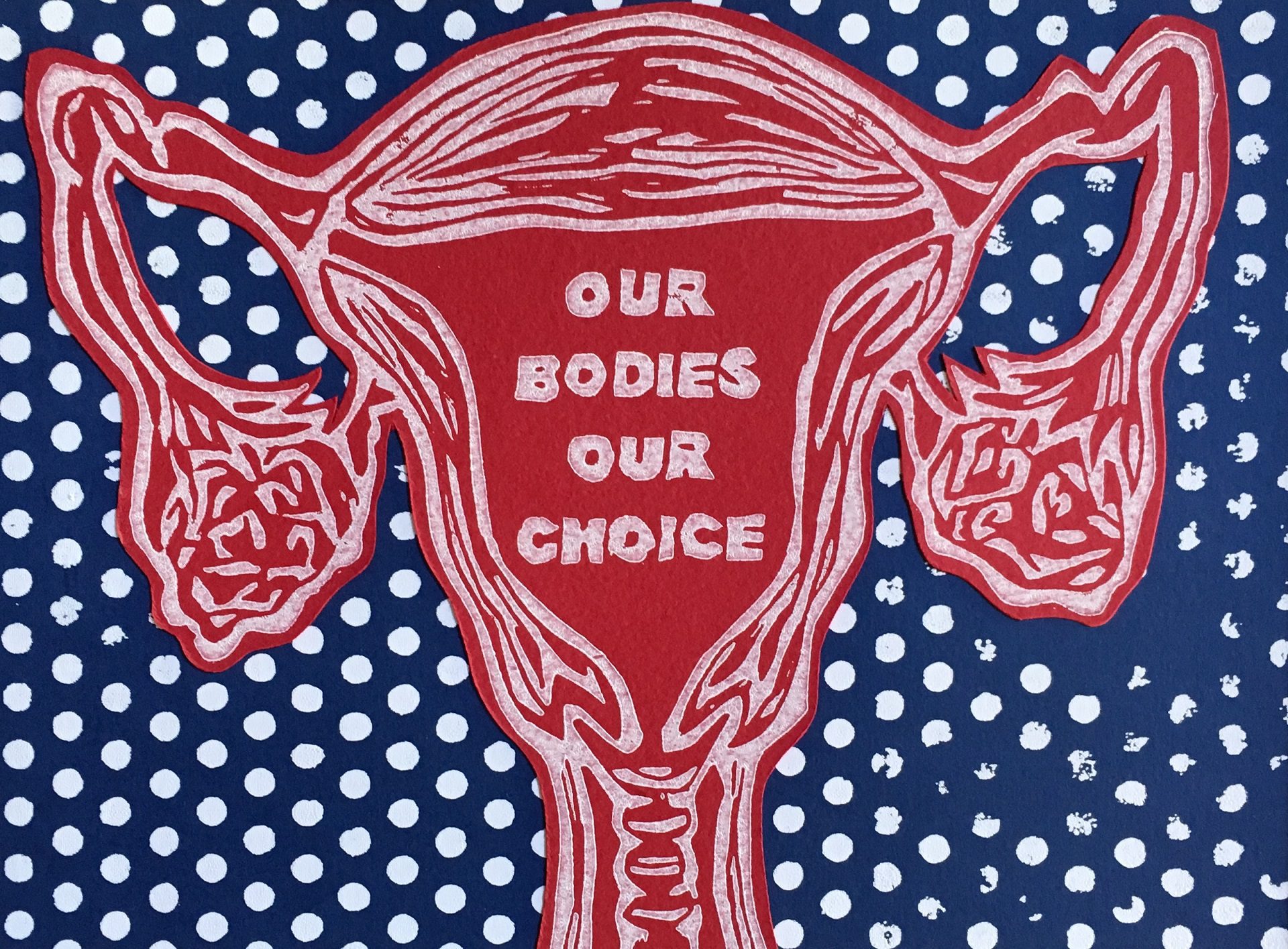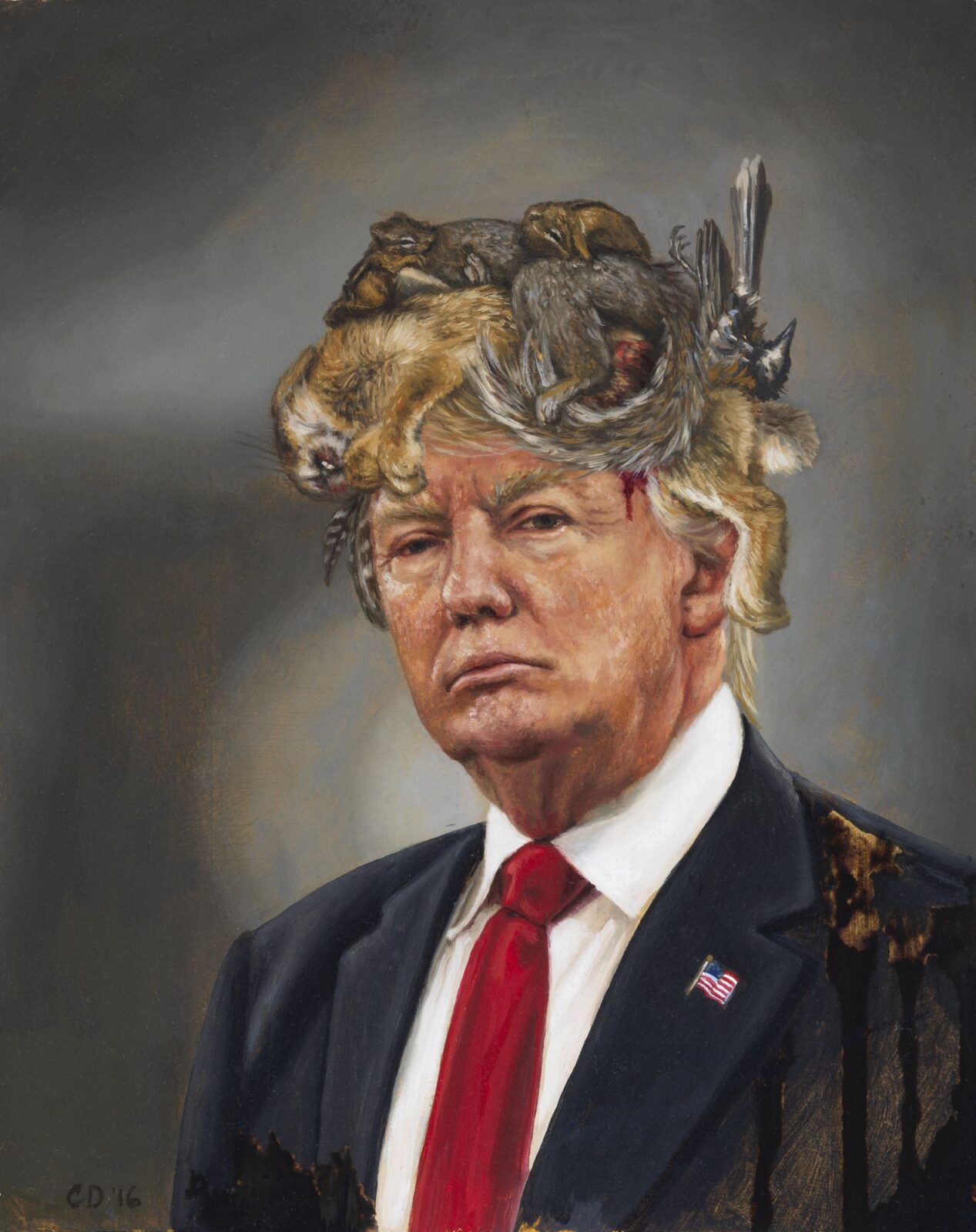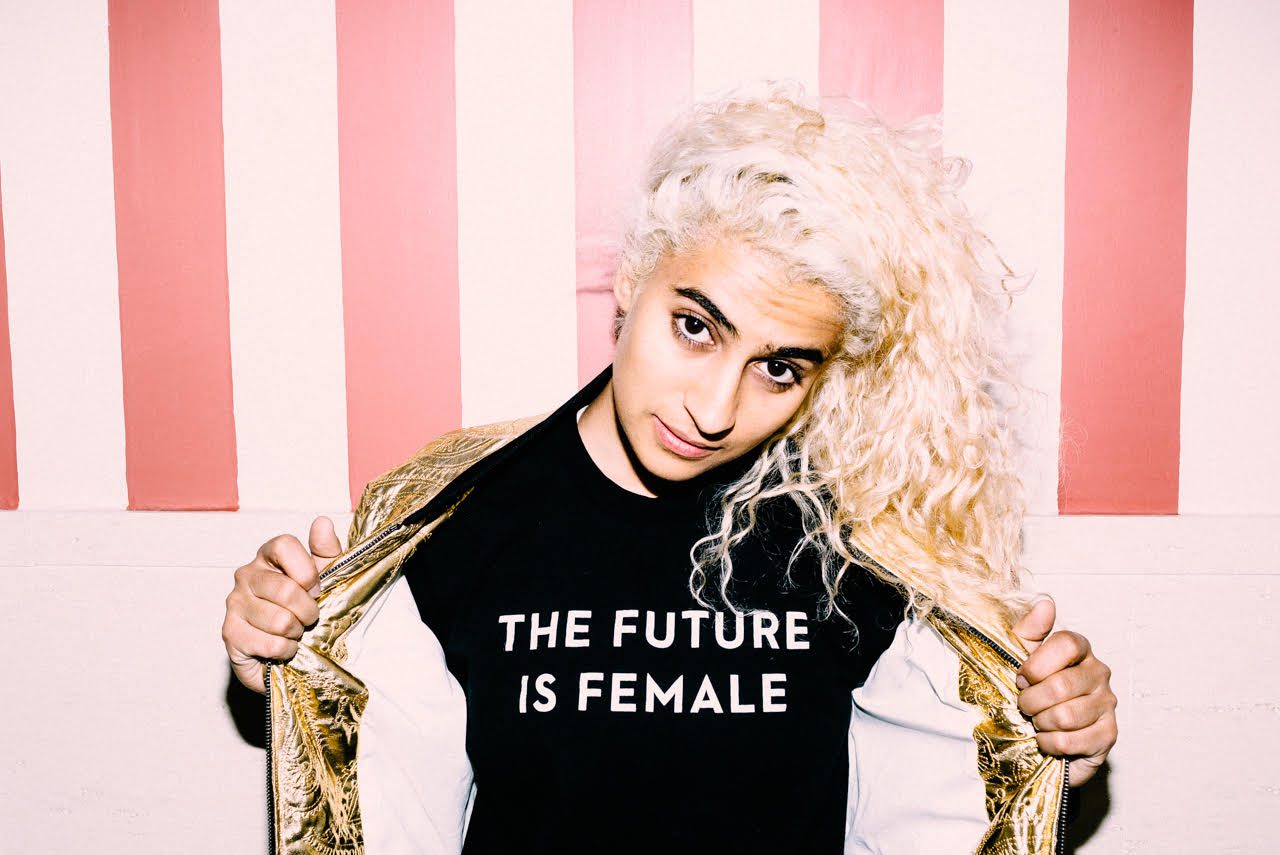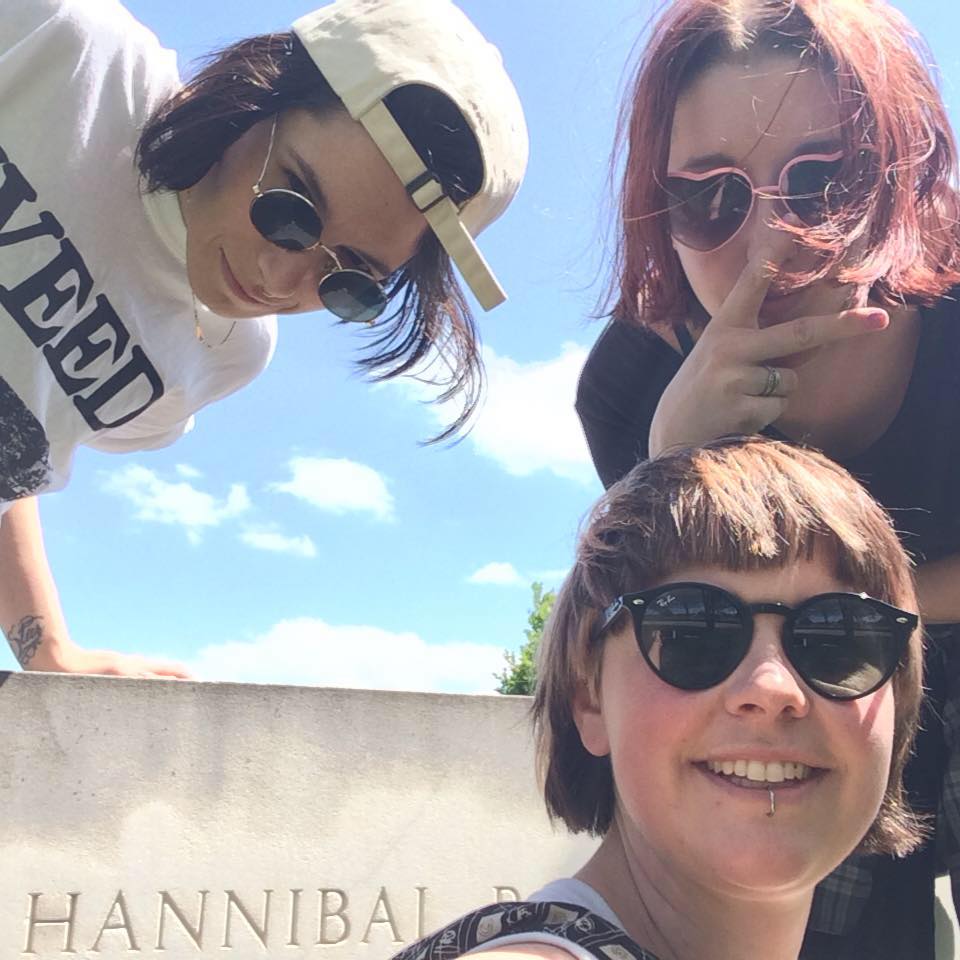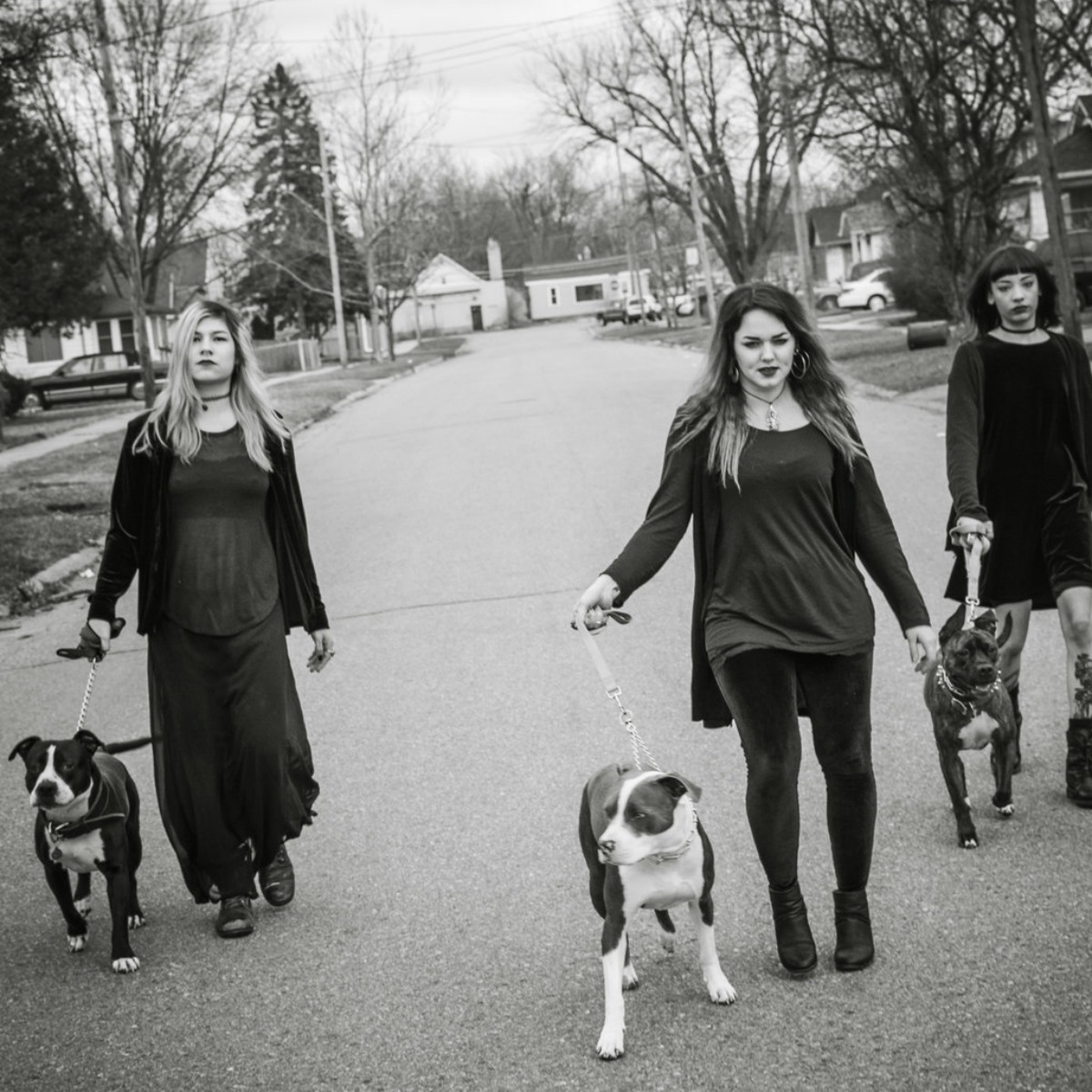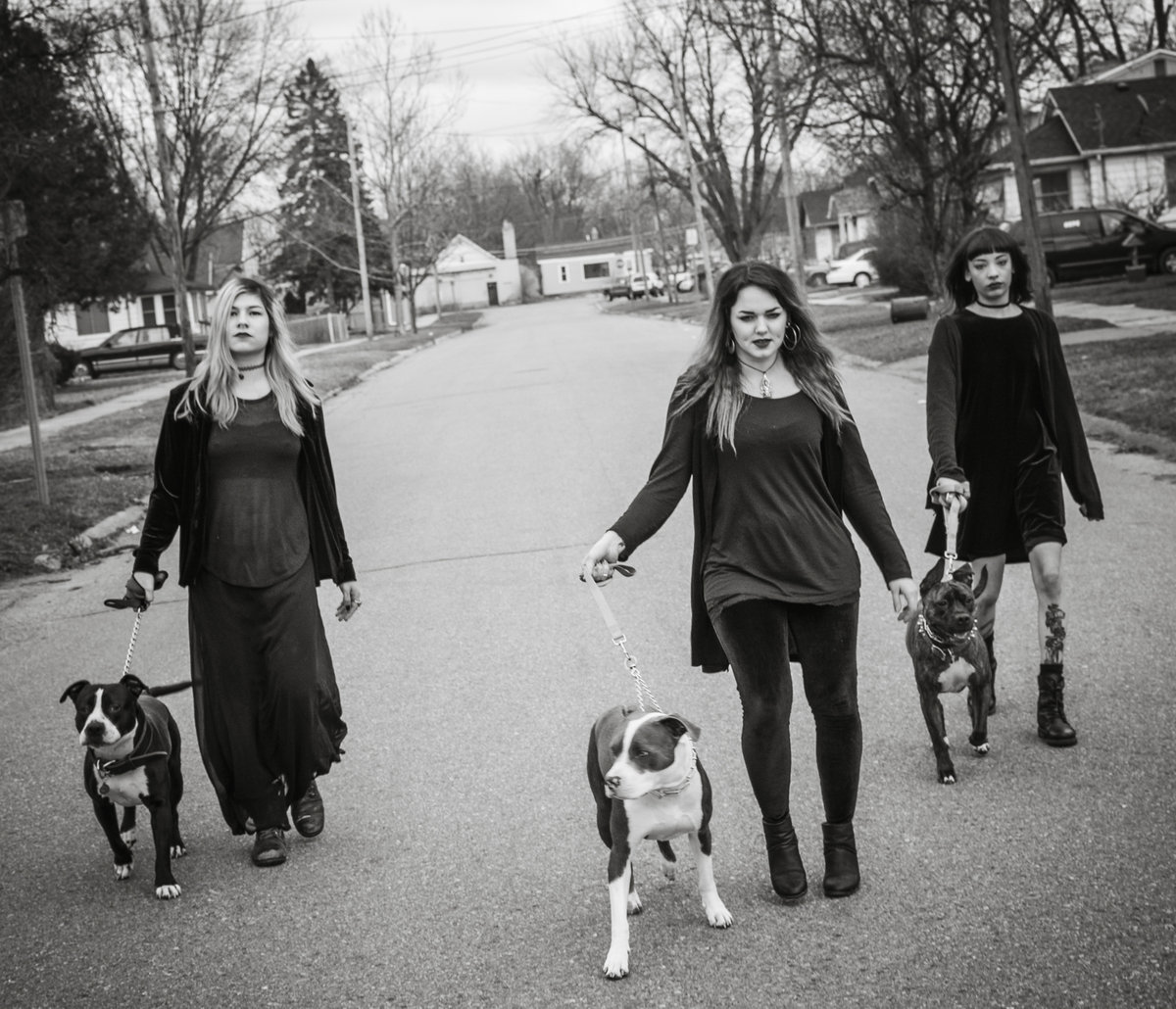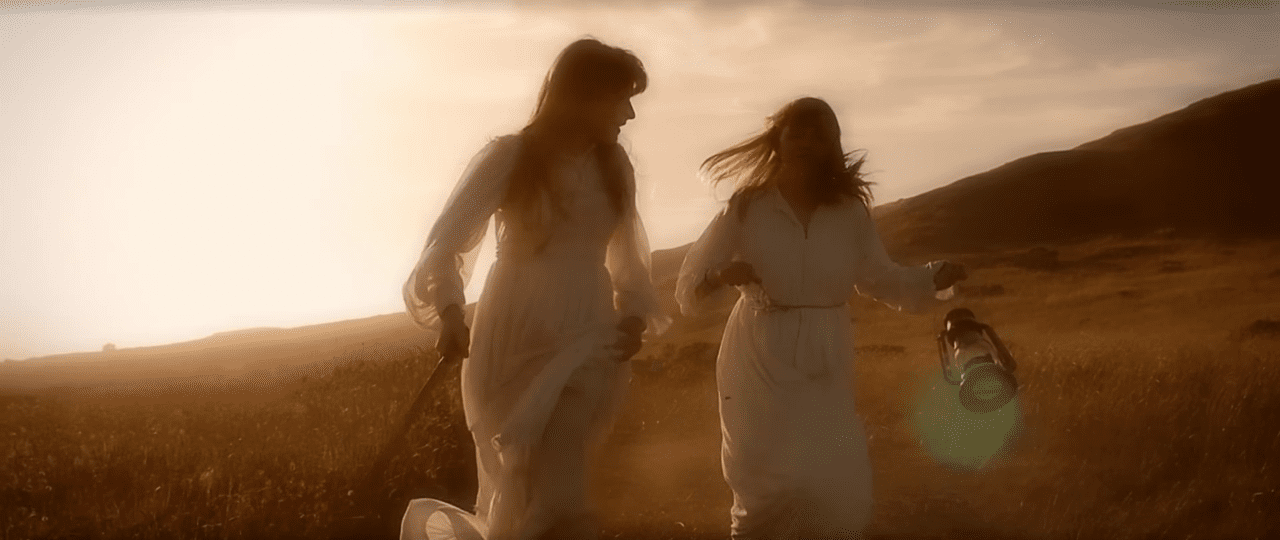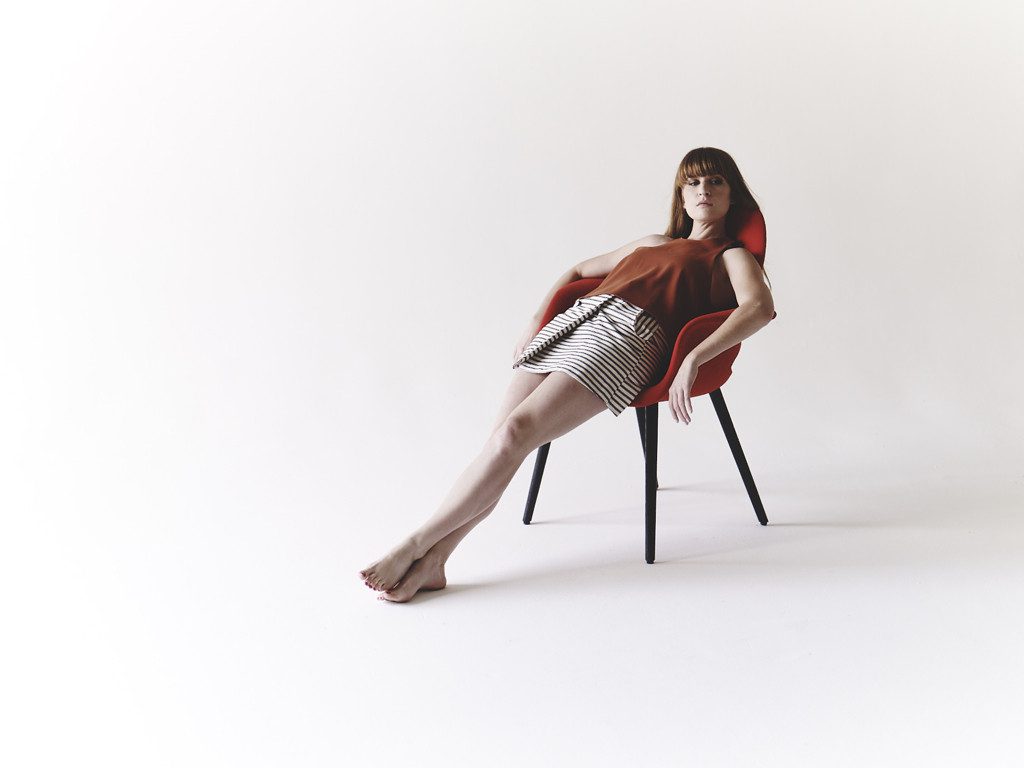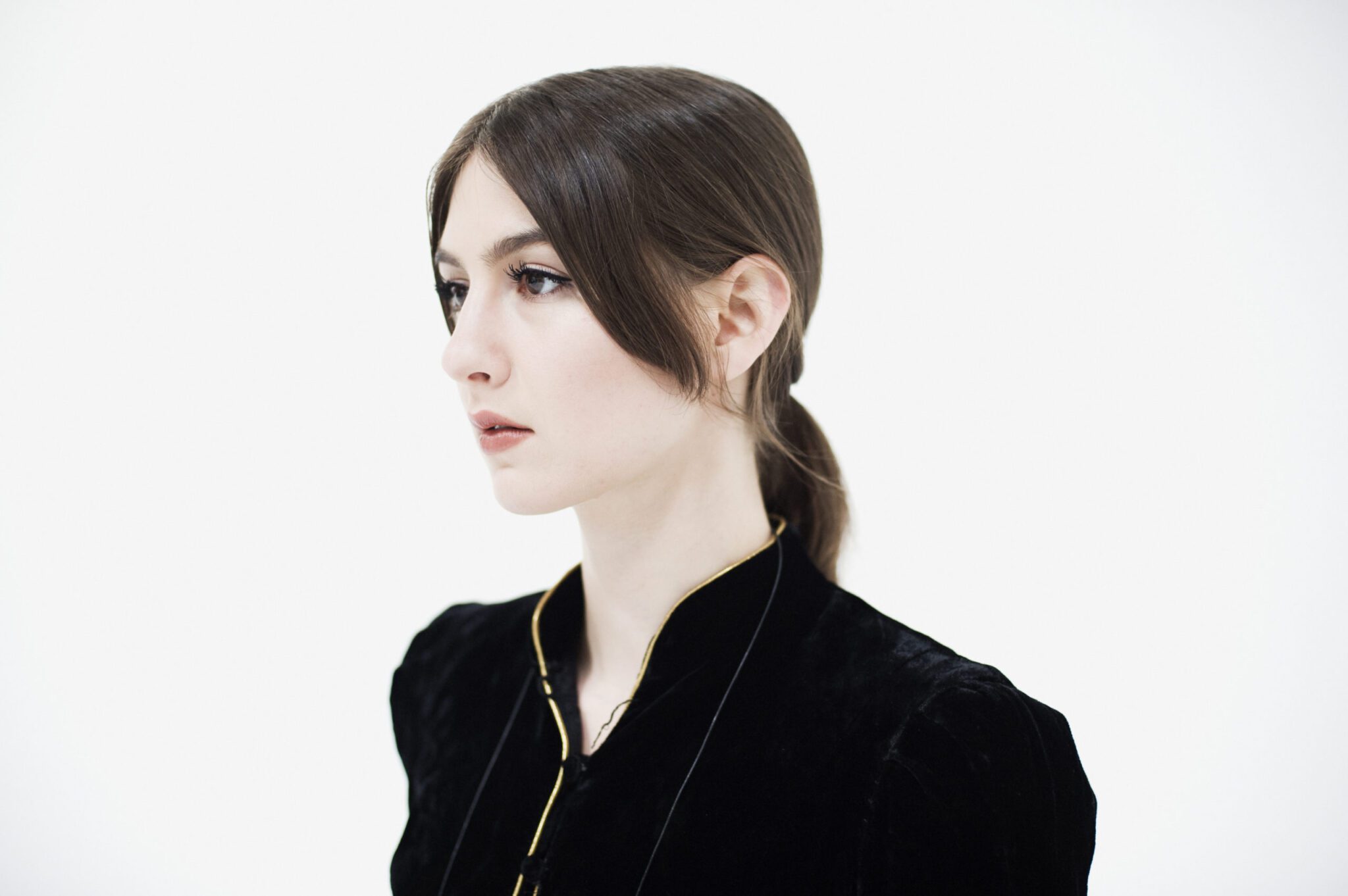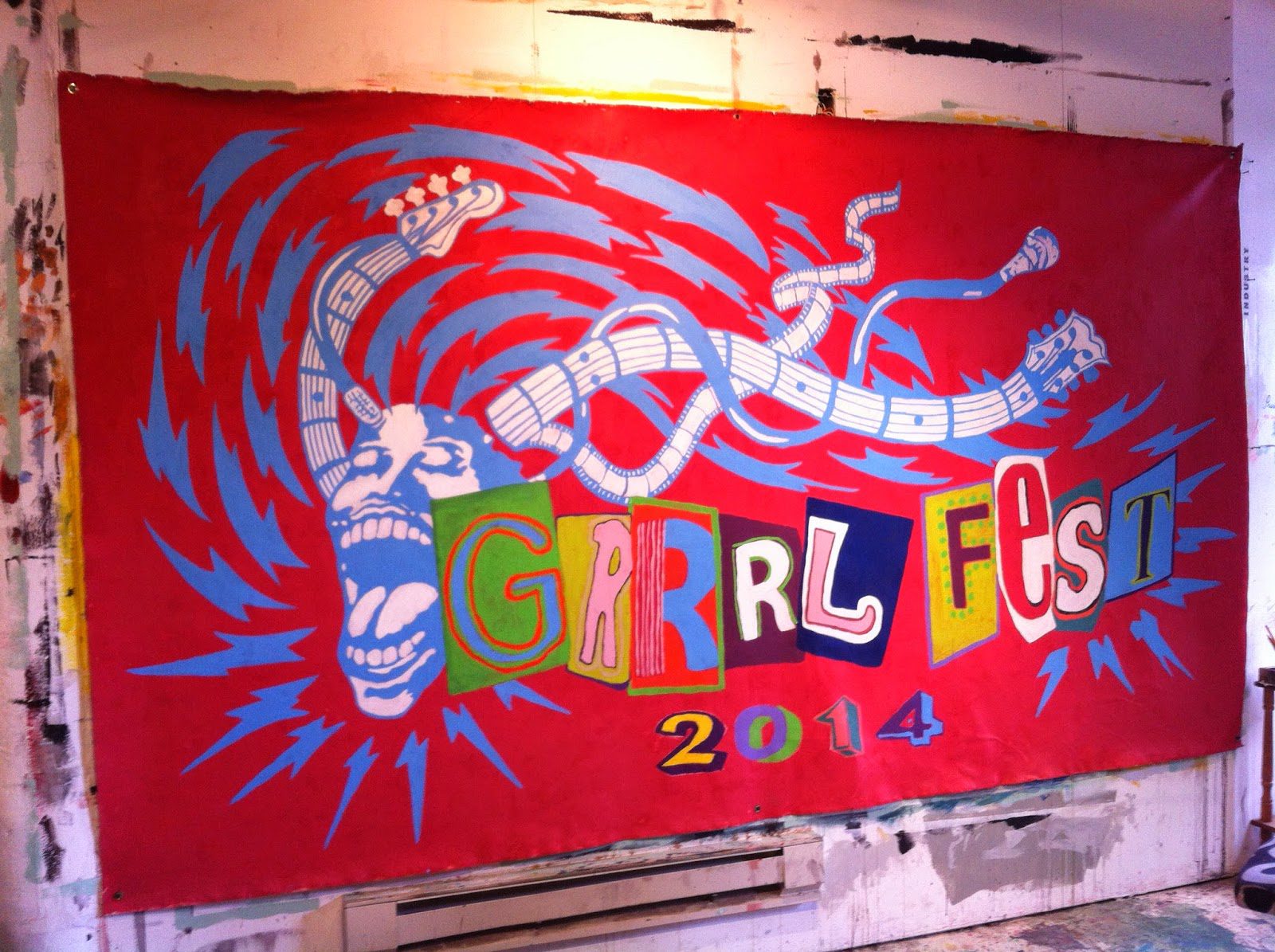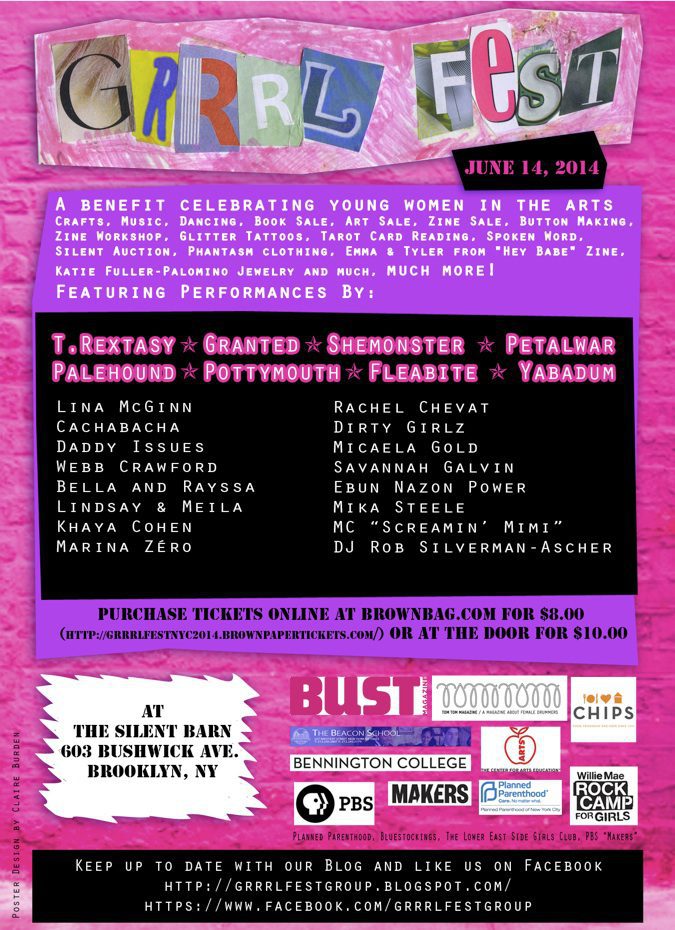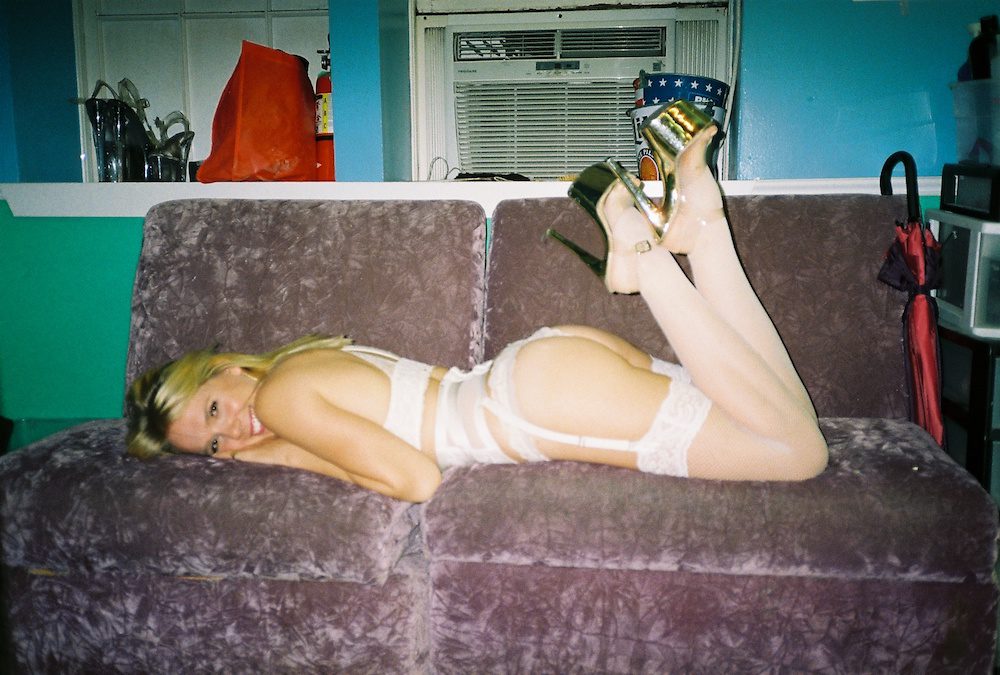
Jacqueline Frances is a Brooklyn-based stripper, writer & illustrator, standup comic and feminist activist who, through her pithy, impish, irreverent and patriarchy-smashing social media content, has managed to amass a small army’s worth of fans and followers of her “Jacq The Stripper” internet ethos. Her popularity is a sign-o-the-times; at this moment, we have found ourselves at the precipice of a cultural tide change whose catalyst can be attributed to the art+activism of women like Jacqueline. However it can be difficult to remain hopeful that the momentum will persist and continue to build into something larger than its current moving parts, which are all still limited by institutionalized racism, misogyny, classism, ableism, and a whole plethora of heteronormative moors that preclude greater shifts in political consciousness. Saddeningly and maddeningly so…
Our electoral politics are a soap opera whose cast is comprised mostly of white, curmudgeonly baby boomers, and whose star is a sexual predator. Black people are still getting gunned down in our streets at alarmingly high rates by white law enforcement, and have zero structural recourse. Public schools are still dead broke, yet our Education Secretary is a billionaire. In every industry women still get shit pay compared to men, and are shamed or hushed into just living with it, or told that they simply don’t deserve equal compensation. Sexual assault is so commonplace that it’s rarely prosecuted and for the most part isn’t even considered a violent crime by those who are paid tax dollars to purportedly protect us. Meanwhile the sex worker community here in the U.S. has to fight tooth-and-nail for basic civil liberties, like not getting arrested for going to work. Our politicians have gone so far as to make the world a more dangerous place for this cohort; the recently passed, draconian SESTA/FOSTA legislation misguidedly conflates sex work with human trafficking, criminalizing any sort of digital advertising of sex work in the U.S. and thus making the supply/demand nexus ever more perilous. It also generally infringes on the First Amendment, and sets a dangerous precedent for the continued erosion of net neutrality. For example, sex worker activists like Jacqueline now must face imminent banning by the likes of Twitter, Instagram, Facebook and other online platforms.
Needless to say, while the #timesup movement certainly feels novel right now, it’s necessary to point out that time has always been up. I have personally never had time for this, and the fight is as exhausting as its ever been. Fortunately there are small pockets of the world in which there’s hope to be found, and fingers are crossed that the voices within those pockets will lead the charge to a new paradigm in which we will no longer have to deal with this crap. One of those voices is Jacq The Stripper, and she happens to be extremely funny. I got to sit down for a chat with her, which you can read below. We talked about her life and her art, and about obliterating the patriarchy one sex worker at a time. She is our current Woman Of Interest.
AudioFemme: So. What brought you into the world of stripping?
Jacqueline F: Money (laughs)!! Money. Yeah. I always wanted to be a stripper, but the stigma was too great for me to actually consider it, until I was broke enough and far enough away from home to actually do it… and that was in Australia.
AF: Oh, Australia. So really far away! Because you’re from Canada, right?
JF: Yeah.
AF: Sex work is decriminalized in Canada, correct?
JF: That’s a great question. I’m gonna say that it’s definitely not like this New Zealand model we’re all chasing after. My knowledge of the laws in Canada isn’t very fresh because I’ve been an ex-pat for 8 or 9 years now, so I’m not fully aware of it. I can’t speak to the exact laws. I’d have to look that up.
AF: I always wonder about places where sex work is decriminalized – if the attitude around the sex industry in general is more relaxed.
JF: Totally, in Australia. It’s way more chill. It’s just like, stripping is stripping, and “full service” is full service, and if you wanna do both you can do both. But people aren’t expecting full service in the same way that they’re kind of optimistic about it here.
AF: That make sense. So how long were you stripping in Australia?
JF: A year. I spent almost a year there, and then I came to New York. I went traveling around the United States for a couple of months with my best friend. I was planning on staying in New York for a summer to make a shit ton of money (laughs)… And then I fell in love here, and I did not make a shit ton of money.
AF: Ha! I guess life can get in the way of plans, no?
JF: Yeah, New York City in the summer is like the worst time ever for money. I wasn’t allowed to work at the good clubs; they rejected me. I had to work at the really shitty clubs. It’s just part of the New York story.

AF: I love that the struggle is part of your story though! You’re admirably frank about the myriad hurdles you have to face in this work. I’ve been having a lot of conversations about intersectionality within sex work and how women within the community kinda self-stigmatize if that makes sense. I just learned the term “whore-archy” for example…
JF: Oh yeah! I mean I was totally guilty of that. You don’t even know you’re doing it in the beginning. But when one enters sex work, it can be such a lonely step. You’re doing it on your own. There are no rules or guidelines. It’s not an industry where teamwork is a pillar of your job. It takes a long time to find the language to express how you’re feeling and to find community. When I started 8 years ago I didn’t really know anything. I just knew I needed to make money and stripping sounded like a good way to do that so I tried it. Nobody was encouraging me to get into it. The narrative surrounding sex work is: “this is terrible; never do it.” When you decide to do it, you’re probably really influenced by that narrative, you know?
AF: Right.
JF: But maybe now, the narrative’s changing. There are a lot more women speaking about their varied experiences, and I’m so grateful to be part of that.
AF: Yes! I want to get into your work as an activist. I found you on Instagram and started obsessing over your drawings and paintings and graphics, and then I read STRIPTASTIC! and realized you were onto something much bigger than making witty social media posts. What was behind your motivation to start publishing books?
JF: Ugh. Book publishing is the worst; I hate it, but also, I can’t not do it. When I published The Beaver Show, which is my memoir, I self-published. And as I was trying to find a publisher or an agent or anybody to even look at me (which I did not) I just started illustrating comics by accident. I just liked sharing little things that people said to me on social media, and I just realized there was a demand for it. I really enjoy drawing; I like single panel comics. I’m a comedian, so I really like a setup and a punchline.

AF: Yeah, your jokes are hilarious. I love seeing your work reposted everywhere on Instagram!
JF: Thank you! Yeah, there’s a lot of humor out there. If you don’t have a sense of humor, you probably shouldn’t be a sex worker.
AF: That’s very true.
JF: With STRIPTASTIC!, I was going to have a section be influenced by other people’s experiences. Because my middle-class white girl experience is my experience, but it’s certainly not all experiences, and I really wanted to feature different voices. So I put out a call for a “stripper’s survey.” I was just like “Hey, doing a little survey; if you want to participate, send me an email.” And over 300 people responded. I couldn’t believe it.
AF: Wow.
JF: This was way before any of this was popular on social media. I was floored by how many people wanted to participate, and I definitely was not prepared! The survey was via email. It was so poorly organized. It’s a testament to me being an artist and not an organized person. But it ended up being so much more. I’m really proud of it and so happy that it exists.
AF: Do you think you’ll do more?
JF: Probably. I can’t stop (laughs). I’m doing more art, and I’m doing a lot of watercolors. I basically just do whatever pleases me. With a hustler’s spirit, you can turn ANYTHING into money. So I’m still keen to illustrate and I have a few ideas, but there are other ways that I want to tell stories that are on the horizon that are not single panel comics. It’s all very exciting!

AF: So, I was reading some of your posts this week and you talked about your struggles with bulimia in the past. How has stripping helped you to cultivate a more favorable body image?
JF: There’s so many ways that stripping saved my life, in that respect. I was a ballet dancer growing up, so there was always this self-loathing feeling that you’re fat. And then I always loved fashion magazines, which is enough to make a child anorexic or bulimic. I struggled with it for a really long time, and then I finally got help, which was a little bit before I became a stripper. Then when I started stripping… I don’t know, being validated with money for your body is so healing. It’s so healing. That’s why it just baffles me when people like “How could you do [fusion_builder_container hundred_percent=”yes” overflow=”visible”][fusion_builder_row][fusion_builder_column type=”1_1″ background_position=”left top” background_color=”” border_size=”” border_color=”” border_style=”solid” spacing=”yes” background_image=”” background_repeat=”no-repeat” padding=”” margin_top=”0px” margin_bottom=”0px” class=”” id=”” animation_type=”” animation_speed=”0.3″ animation_direction=”left” hide_on_mobile=”no” center_content=”no” min_height=”none”][these] things for money”? I’m like “How could you NOT??!” Money is extraordinarily validating for women, because we are so shamed into thinking we shouldn’t have any of it. I’m a very physical person and I love using my body to fuel and finance my life. And that means I have to take care of it. Like, I realized that I actually HAVE to eat… and not purge (laughs). It’s like “No, you need your body to dance and walk around in these shoes for 8 hours.” Plus I’m a bitch when I’m hungry.
AF: I love how you invert this dumb narrative about how selling your body is degrading somehow, when in fact it’s as empowering as anything.
JF: Yeah I could go on for a really long time about how stripping has helped me heal. And anybody looks hot onstage if you put on the right shoes and the lighting’s right. I wish a lot of women had that chance to get up and cling to a pole and be like “Okayyyyy. This looks GOOD.”
AF: So how do you think we can create a safer world for strippers and sex workers? I’ve been thinking a lot about the decriminalization argument, and there are people who are for it and against it within the community. There are a lot of folks who are against because they think they’re going to make less money.
JF: Well, I can’t really speak to what I think would happen because my work is done in the club, but as I listen to the voices of independent sex workers, decriminalization would make the job a lot safer. I think the fear of making less money is part of what the narrative uses to divide us and keep us from wanting it. It would be great if we could unionize. And some people say “I won’t make as much money…” Yeah, but your work is a lot safer and you will be happier in the long run. You’ll have someone to fight for you and you’ll have health benefits. There’s nothing better than health services, because you live in a country where it’s like, a thousand dollars to treat a fucking ear infection if you’re not covered. I definitely want to fight for better labor conditions for strippers, and I definitely think that pimping should be done away with. I think the clubs should be run by women or sex workers. The people who currently run clubs are bad people a lot of the time and that’s pretty heartbreaking. Even I am afraid of being called out at work as somebody who’s an activist. So when I’m on the job, I’m just a very nice, pretty, not complicated blonde stripper. It’s simple what my hustle is. I’m not like a trojan horse in the club, because I don’t want to fuck up my job security.
AF: The ramifications of that would be getting fired for being outspoken?
JF: It’s totally illegal. But then again there are a lot of things that are totally illegal. Anyway, as far as improvements go, I think our work conditions are important to fight for. I also think a lot of strippers are ready to start mobilizing and organizing to make that happen.

AF: Do you sense a sea-change among your co-workers when it comes vocally fighting and advocating for sex work? In the social media community there is this kind of urgent imperative for a shift in thinking.
JF: Yes, absolutely. Now is the time to be involved, and I think a lot of women are starting to feel this way. Strippers, we’re like the flakiest people in the world, and we’re all showing up for each other, and it’s been really powerful. I think people are ready to fight for their rights to work and be treated with dignity and respect, or to be employees and get paid instead of paying astronomical house fees.
AF: So, across the board, you’ve paid these house fees everywhere you’ve worked?
JF: Every single place. Maybe one place I’ve worked where they paid us to go out there, because it was really far away. It was in the middle of nowhere in Canada, in the oil fields.
AF: What are some of your self-care rituals?
JF: Hmm… dancing. I take a lot of dance classes; I love learning from other people and other dancers. Ballet, hip-hop, jazz, whatever. I love dance classes. It still brings me so much joy. People talk shit about dance, but it’s so amazing. Art. Animals. Counting my money on the couch is a ritual, every night, that I do after work; it’s really powerful. Leisurely mornings. Travel. I know I sound so basic; I really love a green juice, too (laughs).
AF: Do you have any travel plans this year?
JF: Yeah, I’m going a lot. I’m going to Cuba with my wife for our fourth anniversary. And then I’m going to Morocco with my mom. And I’m going to Vegas and the Bay Area to hang out with some hos, and that’s in the next two months. I want to see the whole world!
AF: And it sounds like you totally will! Anyway I’ll start wrapping up the interview, but since we are a music blog, what music are you listening to right now, and what are your favorite songs to hustle to?
JF: Haha oh man. My wife is the music person. Hmmm. I listen to Elton John, and funk music. Who else? Love Cardi B. I took a dance class to “Finesse” last Sunday, it was so good. The class was so fun. I was so feeling it. What else. Alanis Morissette changed my life. Holler at my fellow Canadian angry girl! I’m so happy that she found happiness, but no album is as good as that one.
AF: As Jagged Little Pill? No.
JF: Peaches. I love Peaches!! I don’t know, I also love ’80s hair bands. I have my hustle pre-game – the songs I use to get ready for work. Peaches, Blackstreet, Rihanna, Britney, Fetty Wap, Yeah Yeah Yeahs. I like Lil’ Kim, obviously. Salt-n-Pepa. Oh, St. Vincent’s new album, jamming that hard. And when I’m kinda relaxing I really like Nice as Fuck. I think they’re like sweet peace and love music. To dance to, I love dancing to Björk, Nine Inch Nails, and Marilyn Manson, and anything by Guns N’ Roses.
AF: What words of wisdom would you give to baby strippers and baby sex workers who are entering this world?
JF: Try it. You might hate it. If you’re going to be a stripper, show up alone and show up sober. And see how you feel. Don’t have any expectations, just go and try it. And then try it again if you like it. If you don’t like it, don’t go back. Stay true to who you are and don’t do anything you don’t want to do. Your boundaries are your own, don’t [base them on] other people’s boundaries. It’s not your business.
AF: Right, that’s a problem, too – girls get uppity over other girls’ preferences.
JF: Well, that’s slut shaming, and it’s not like we invented slut shaming. It’s a patriarchal thing that’s supposed to divide us; there’s all of these things in place to make us hate each other, and it’s a huge problem. You have to check yourself every day. I know I still have moments of jealousy and shaming others, or imposing my values and my boundaries onto others when it’s none of my fucking business. It’s so deeply ingrained.

AF: How do you think we can elevate the conversation around sex work in an effort to help cast aside all this toxic stigma? Like stuff that we can all do to improve people’s understanding of it. You’re kinda an archetype for it at this point!
JF: I’m an archetype?
AF: Definitely!
JF: It’s great, no pressure (laughs)! I would say… well, in my experience, we can elevate these stories by not thinking that others can tell it for you. When I say others, I’m saying somebody in media who’s like “I love your story, I want to help you tell it” or “let me tell it for you.” A lot of people come up to me and are like “Would you consult for free on this film I’m writing about a sex worker?” No! Absolutely not. People who haven’t done sex work need to sit down, and they need to pay people [that have], because you pay writers, you pay storytellers, you pay filmmakers. Pay people who have done the work to tell their story. If you haven’t done the work, it is not your story to tell. I feel very strongly about that, and I actually have a policy where I don’t really work with people who haven’t done sex work, especially from a publishing point of view, as far as stories getting out there. It’s important to listen. Everybody’s story matters, so let’s listen to theirs, too. Like, the “happy slut” narrative is great, and fun. It’s a hook. I can make people listen to the dark stuff because they’re sitting there laughing. It’s important to just listen. I think men especially have real problems with that.
AF: Yeah, ’cause men are generally so used to having the microphone they don’t know what the fuck to do when it’s taken out of their hands. It’s actually infuriating. Even those who are self-proclaimed woke people still can’t wrap their minds around sex work without either fetishizing it or making it about themselves.
JF: It’s funny, because men are of no concern to me in my activism. And maybe that’s problematic, but that’s just the way it has gone for me. My concern is empowering women to speak their truth and to feel proud of the work that they do. If we have more women that are proud of the work that they do, it won’t be so challenging to do it; it won’t be so random to encounter a woman who is a sex worker and who’s comfortable talking about it, you know?
Below please find our “Striptastic” playlist for all you kindred movers and shakers. Catch Jacqueline at her next live appearance on 4/30 at The Village Lantern. For more info check her site here.
[/fusion_builder_column][/fusion_builder_row][/fusion_builder_container]
